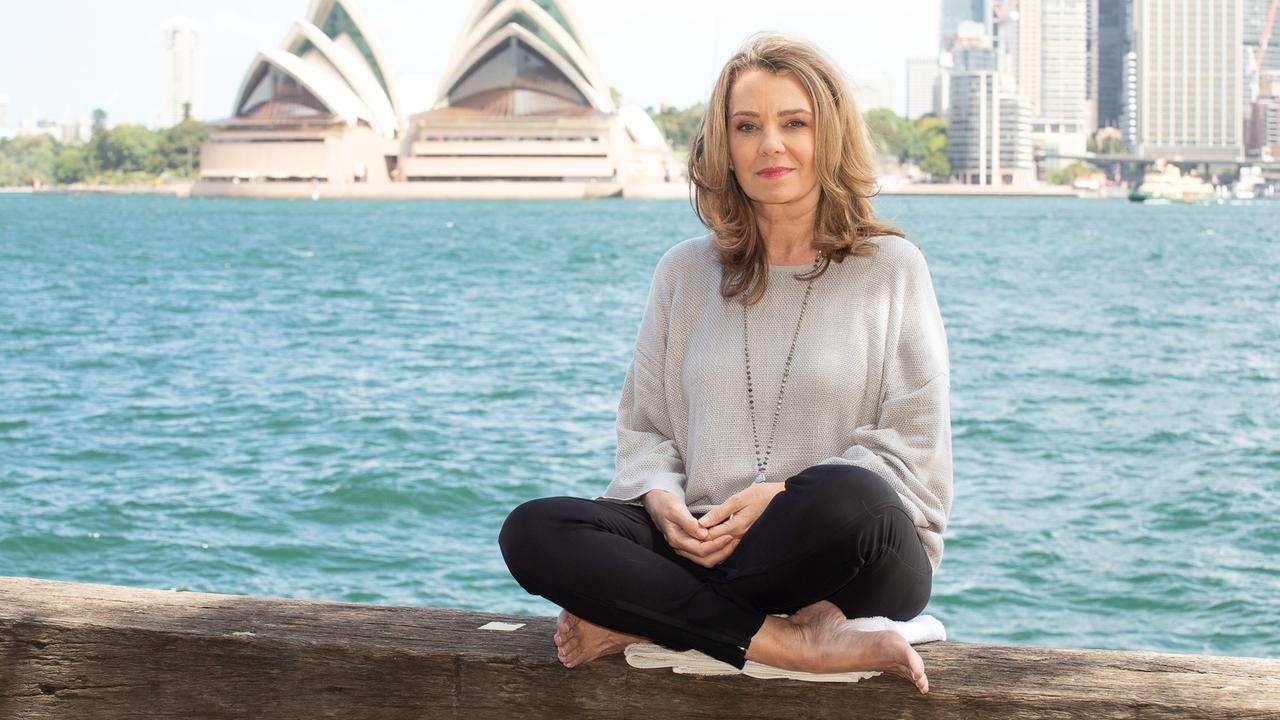Woman warns ‘don’t hesitate’ after receiving cancer diagnosis by voicemail
A do-it-yourself test for cervical cancer could be offered to all women after research suggested it would reduce overall incidence of the cancer in Australia.
New research from the Cancer Council NSW has found a do-it yourself screen for the main cause of cervical cancer could now be offered to all women.
The research, released by the Cancer Council NSW on International HPV Awareness Day, also found allowing women to self-screen could reduce the overall incidence of cervical cancer.
HPV, or human papillomavirus, is the cause of almost all cases of cervical cancer.
Self-collection of HPV samples is currently only offered to women who have never participated in a cervical screen, or women who are more than two years overdue, according to the National Cervical Screening Program (NCSP).
‘JUST HAVE THE TEST AND IT COULD SAVE YOUR LIFE’
Alison Hutchens told news.com.au she was diagnosed with cervical cancer after she started experiencing irregular bleeding after her period.
Hutchens was 48 at the time and working in the corporate world. She was also suffering from low energy and was given an ultrasound after visiting her GP. The NSW woman was then referred to a gynaecologist, and a few days after having a tissue sample taken she was told she had cancer.
Her gynaecologist called her on a Sunday evening, and left a voicemail saying, “We’ve got your results back and I’m afraid you do have cancer.”
“I was in complete shock. Complete shock,” Ms Hutchens, now 53, said. “Everything just changed.
“For me, the worst thing was I had to have everything removed, including my ovaries. Because they took out my ovaries it was overnight menopause.
“It was such a shock to my system. It was terrible.”
RELATED: Fit mum shares cervical cancer aftermath

RELATED: DIY test could detect cervical cancer
“The recovery from the surgery is long. You’re not supposed to do anything for six weeks.
“It’s restrictive. I had to give myself needles every day for six weeks to stop blood clotting.
“I couldn’t move very much. I got through it, but at the same time I was suffering menopausal symptoms that started the moment I came out of surgery.
“The heat, and different things happening. I just didn’t feel myself anymore.
“My advice to everyone is don’t hesitate. Just have the test and it could save your life.
“I wouldn’t wish what I went through upon anyone.”
Ms Hutchens said she’s been given the “all clear” and now lives a drastically different life, focused on her own wellbeing.
CHANCE TO ERADICATE CERVICAL CANCER
The Cancer Council NSW’s new research shows self-collection of HPC samples could now be offered to more women.
Self-collection is an alternative, less invasive way of collecting samples to test for HPV.
The standard speculum procedure, conducted by a health professional, presents barriers. The research suggests if women were allowed to self collect samples, more would participate in screening.
Last year the World Health Organisation (WHO) launched a global strategy aimed at eliminating cervical cancer.
Australia is at the forefront of cancer prevention and diagnosis, and is on track to eliminate the disease by 2030.

“While Australia has one of the lowest rates of cervical cancer in the world, we know there are many women not participating in the screening program, and it’s these women who are at the greatest risk of developing invasive cervical cancer,” Dr Megan Smith, senior research fellow, Cancer Council NSW said.
“While not available to all women just yet, we want the women who are overdue or have never participated in screening to know that this option is there, and they should ask their healthcare provider about it.” Dr Smith added.
If you or someone you know has been impacted by cancer and needs support, call Cancer Council’s free, confidential Information and Support line on 13 11 20




